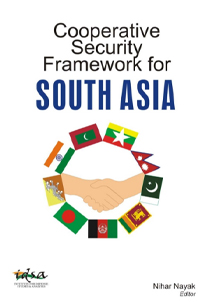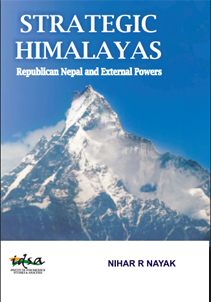Controversy over Lipu-Lekh Pass: Is Nepal’s Stance Politically Motivated?
Nepal claims that the Lipu-Lekh Pass, which was mentioned in the India-China joint statement of May 15, 2015, is a disputed tri-junction in which Nepal has an equal share.
- Nihar R. Nayak |
- June 09, 2015 |














